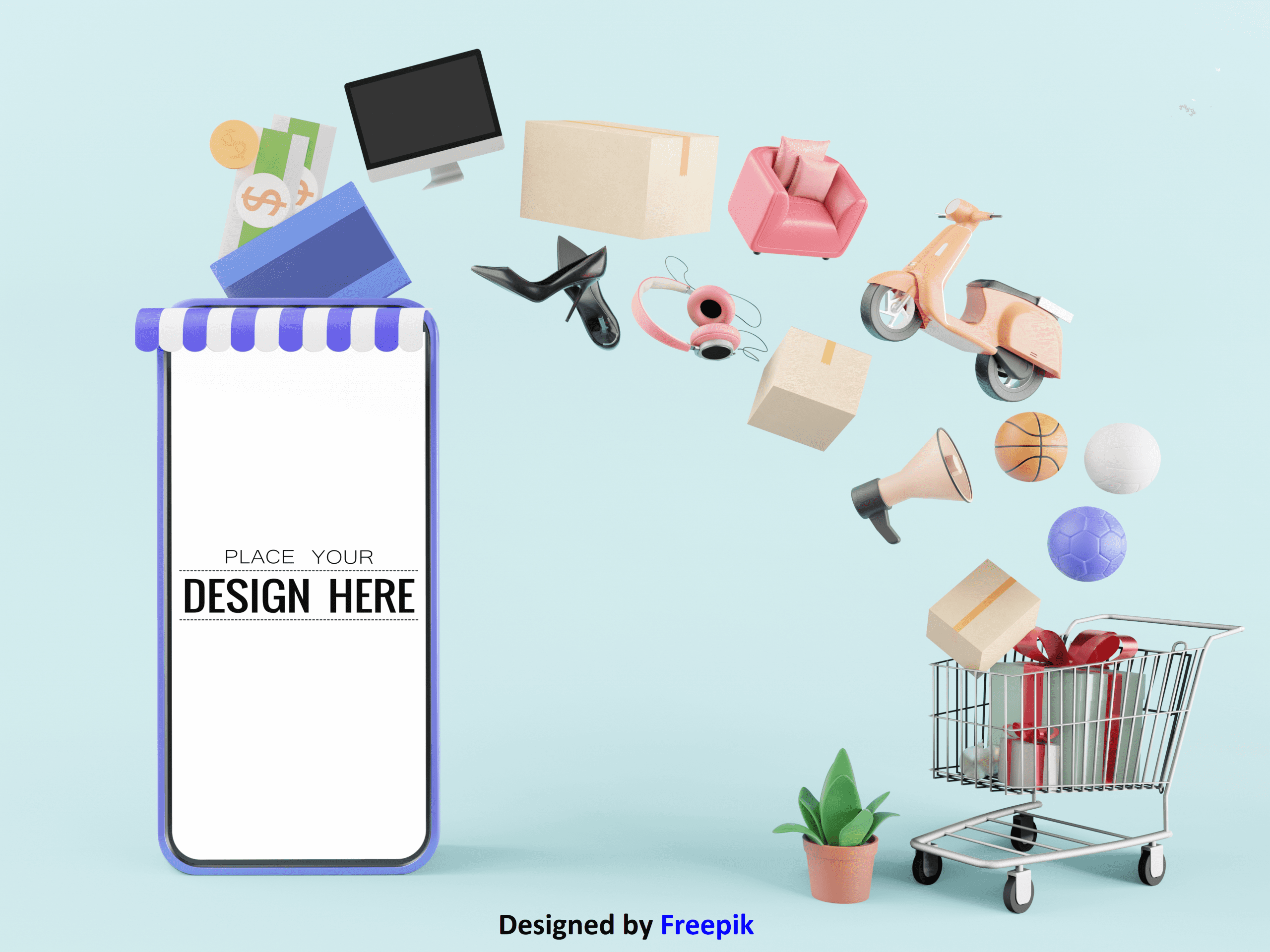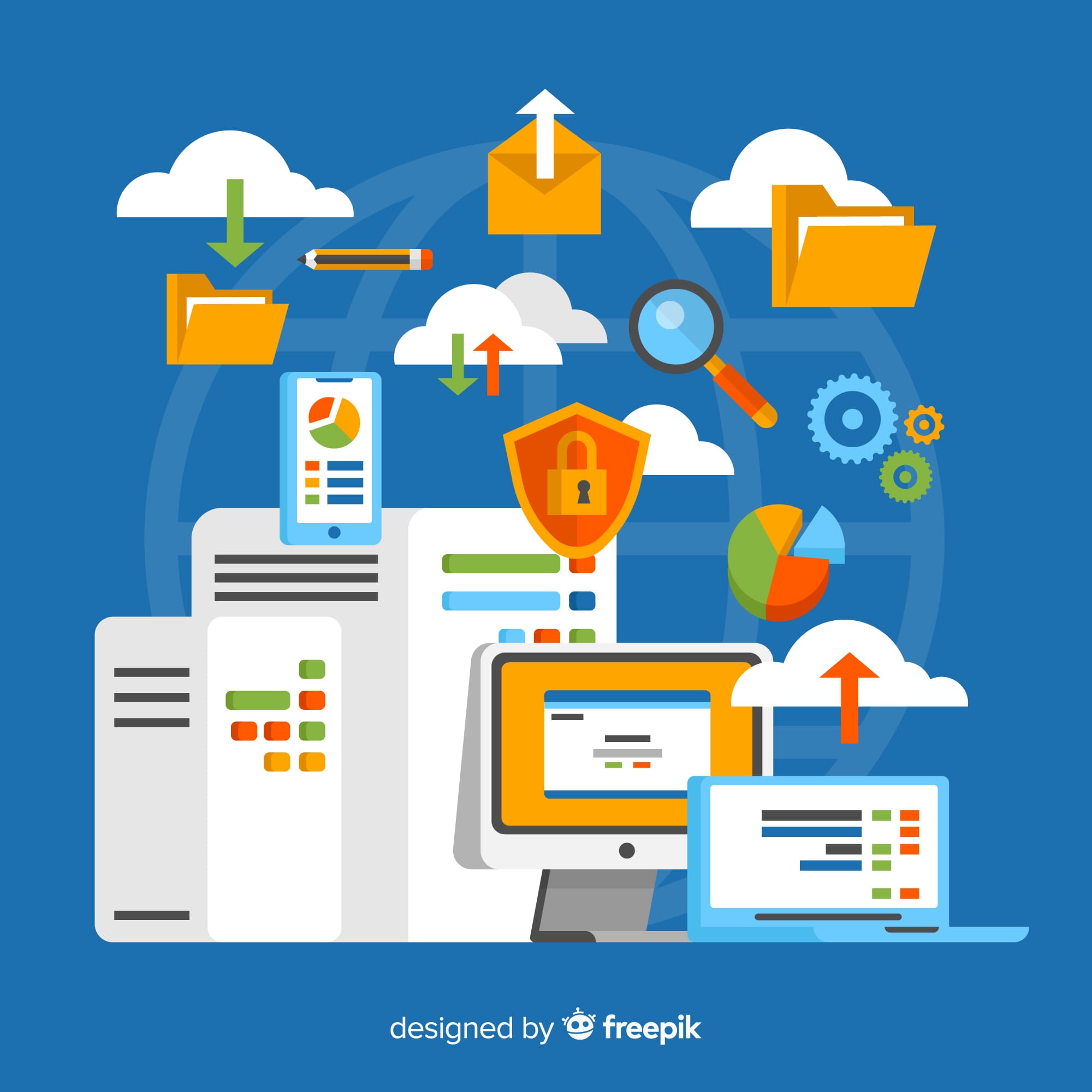Nowadays, mobile apps are necessary for the e-commerce industry to grow more. Mobile apps are driving the boom for e-commerce.
Almost everyone purchased online from clothing, food, electronic devices, cosmetics, etc.
E-commerce is fast transcending into M-commerce. Nowadays, the most popular demand is to create E-commerce platforms and websites that are mobile device-friendly. Because most customers are available on mobile 24-7, an e-commerce company can connect with its audience through mobile internet service providers.
In this covid-19 times sparked an e-commerce boom even more. Making purchases through an e-commerce app became the most convenient way of buying things. Statista forecasts that in 2022 mobile e-commerce sales will surpass $432 billion, up from $148 Billion in 2018.
If you want to diversify your online commerce business, this article will help you learn the essentials for developing a successful mobile application.
The rationale behind E-commerce app development :
We all know that retails mostly happen through mobile or online channels. An e-commerce application can add immense value to the chain of events that control business transactions.
Advantages of having an e-commerce Application:
1] Nowadays, online shopping is a new trend.
2] personalize shopping with advanced technology such as AI, AR, VR.
3] it helps to improve marketing.
4] direct connection with the customer.
5] brand building.
6] customer loyalty is enhanced.
7] enable contactless payments. Multiple payments method is available.
8] easy analysis of all activity.
9] everything mobile is the best option.
10] it helps to attract customers.
11] also helps small and new businesses.
12] helps to increase sales.
13] retarget your audience.
14] seamless checkout process.
15] we can study customer behavior. Etc.
Types of e-commerce Applications
It is essential to learn about the type of e-commerce app Before you decide to create your business-specific app.
The applications are different to fulfill specific business goals and meet objectives based on their feature.
Mobile e-commerce apps have these four types:
1] Business-to-Business (B2B)
2] Business-to-Consumer (B2C)
3] Consumer-to-Consumer (C2C)
4] Consumer-to-Business (C2B)
Different types of e-commerce apps, developed to facilitate other activities that will be happening over them, are described here:
1. B2B (Business-to-Business) e-Commerce App:
The B2B E-commerce app enterprises aim to sell their services or goods to another company.
Example: Alibaba, amazon business, and quill, where industries sell to retailers, further selling to customers.
2. B2C (Business-to-Consumer) e-Commerce App:
It is one of the best approaches for any retail organization. Anything you can buy from an online store – household items, clothing, gadgets, groceries, etc. the sales happen directly through the application.
Example: Amazon, Flipkart, Dominos, etc., where industries sell these products directly to customers.
3. C2B (Consumer-to-Business) e-Commerce App:
Businesses are also buyers for niche domain-specific offerings like technical assets, design, content, etc.
It is the best platform to display their talent and build business relationships.
Examples: clutch, Github.
4. C2C (Consumer-to-Consumer) e-Commerce App:
The consumers interchange their services among themselves without any business role. This C2C model work on a mobile App.
Example: OLX, eBay this application allow to sell their product to other people.
Resource:
https://www.rishabhsoft.com/blog/ecommerce-mobile-app-development
https://www.fatbit.com/fab/ecommerce-mobile-app-development/
Disclaimer:
Wherever any material is quoted as sourced from the published text with publishing rights vested in an individual, it is stated that it is a pure quotation and has no intention to claim it as our own.
Image Source: www.freepik.com





